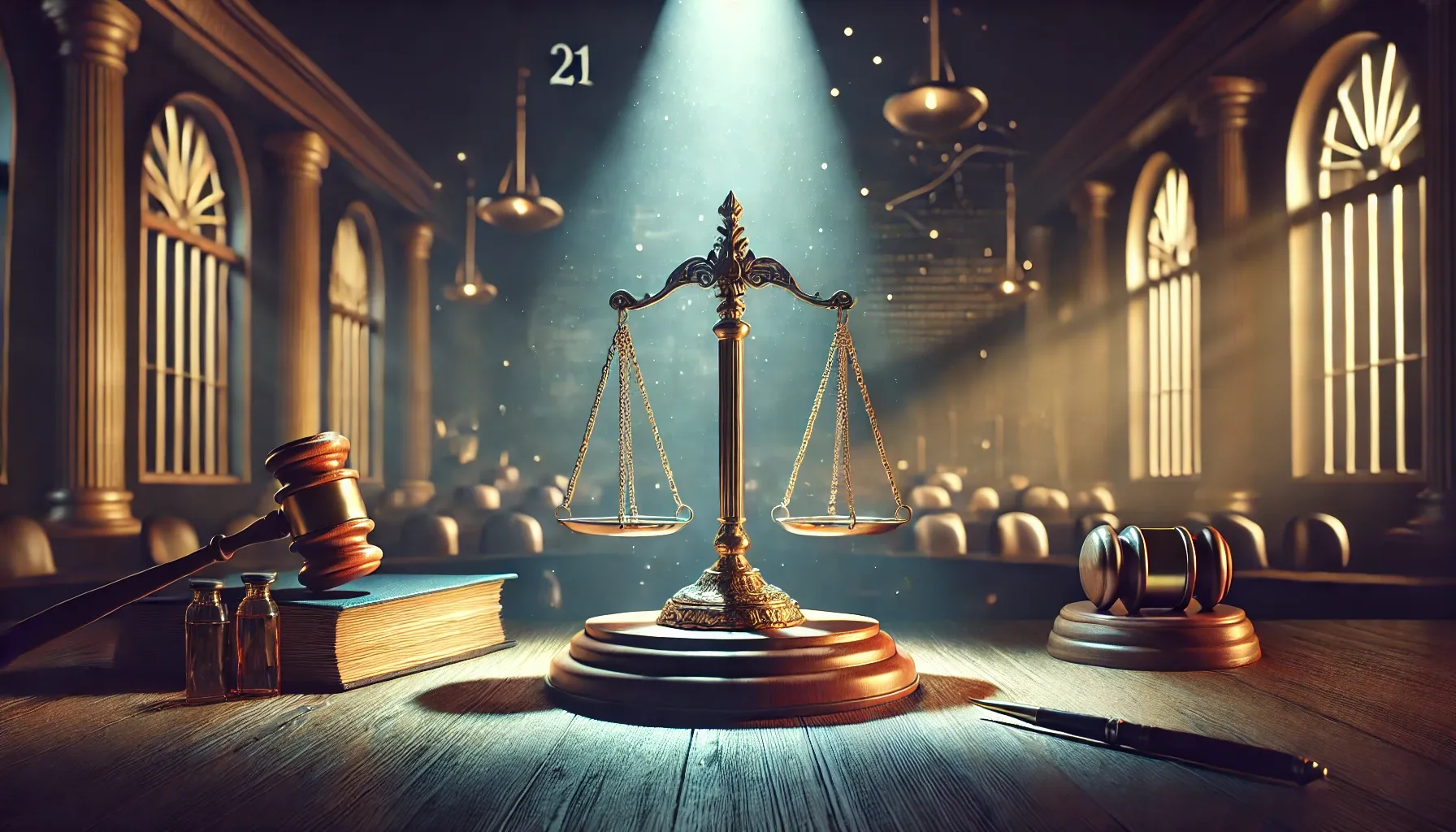The Supreme Court of India ruled that delayed trials violate Article 21, granting bail to a UAPA-accused held for five years, while questioning the need to examine 100 witnesses.

In a landmark ruling, the Supreme Court of India has reaffirmed the fundamental right to a speedy trial, emphasizing that prolonged undertrial detention breaches Article 21 of the Constitution. Delivering its decision in a case involving Tapas Kumar Palit, who had been held under the Unlawful Activities (Prevention) Act, 1967 (UAPA) for over five years, a bench of Justices J.B. Pardiwala and R. Mahadevan strongly criticized excessive delays and the prosecution’s practice of examining an unnecessarily high number of witnesses to establish “one particular fact.” This verdict underlines that lengthy incarcerations without final judgment adversely affect not only the accused but also society and the justice system as a whole.
Supreme Court’s Stand on the Right to Speedy Trial
- Highlighted that “howsoever serious a crime may be, the accused has a fundamental right of speedy trial as enshrined in Article 21.”
- Observed that “if an accused is to get a final verdict after incarceration of six to seven years in jail as an undertrial prisoner, then, definitely, it could be said that his right to have a speedy trial under Article 21 of the Constitution has been infringed.”
Case Background and Arrest Details
- Accused: Tapas Kumar Palit
- Arrest Date: March 24, 2020
- Location: District Kanker, State of Chhattisgarh
- Alleged Offences: Carrying items “ordinarily used relating to Naxalite activities”
- Recovered Articles:
- 95 pairs of shoes
- Green-black printed cloth
- Electric wires (two bundles of 100 meters each)
- LED lens
- Walkie-talkie and other materials
- Statutes Involved: UAPA, Chhattisgarh Vishesh Jan Suraksha Adhiniyam, 2005, and various provisions of the Indian Penal Code, 1860
Supreme Court Questions Examination of 100 Witnesses
- Queried the prosecution’s need to call 100 witnesses, especially when 42 already examined had given largely similar testimonies.
- Emphasized that “no purpose would be served if 100 witnesses were examined to establish one particular fact.”
- Cited Malak Khan vs. Emperor [AIR 1946 Privy Council 16], stating “where the number of witnesses is large, it is not, in our opinion, necessary that everyone should be produced.”
Judicial Delays and Their Adverse Impact on the Accused
- Underlined that a long trial undermines the accused’s right to a speedy trial and violates Article 21.
- Stated: “Accused persons are not financially compensated for what might be a lengthy period of pretrial incarceration. They may also have lost a job or accommodation… and spent a considerable amount of money on legal fees.”
- Observed that once “an accused person is found not guilty, they have likely endured many months of being stigmatized… and will have to rebuild their lives with their own resources.”
Judicial Delays Affect the Entire Justice System
- Stressed: “Delays are bad for the accused and extremely bad for the victims, for Indian society and for the credibility of our justice system.”
- Asserted that judges have sufficient procedural tools under the Criminal Procedure Code to streamlineand expedite trials.
Final Verdict: Bail Granted
- The Supreme Court overturned the High Court’s denial of bail and granted bail to the accused with specific conditions.
- Imposed restrictions:
- Barred from entering the revenue limits of District Kanker (except for certain legal formalities).
- Mandatory online appearance on all hearing dates.
- Personal appearance required only at the time of Section 313 Cr.P.C. examination.
- Warned that any breach of the bail conditions would lead to automatic cancellation of the granted bail.
Case Title: TAPAS KUMAR PALIT VERSUS STATE OF CHHATTISGARH
Attachment:





